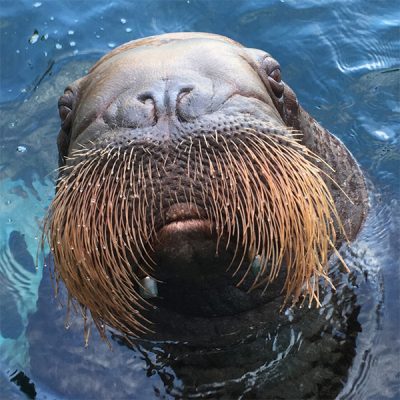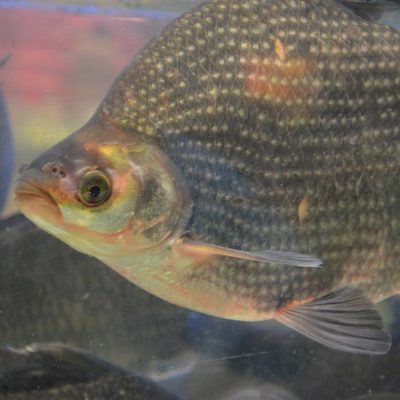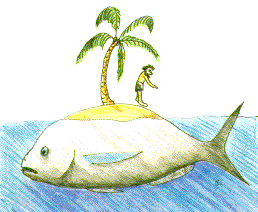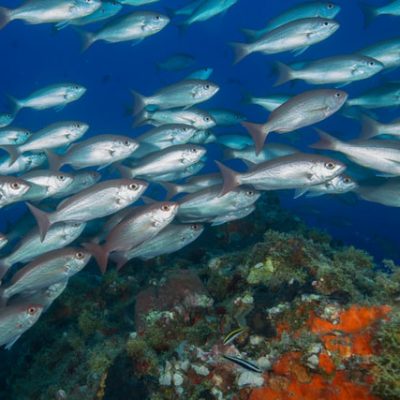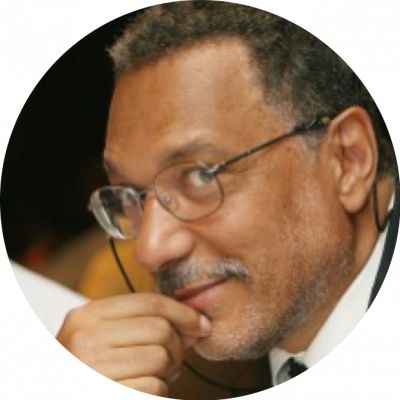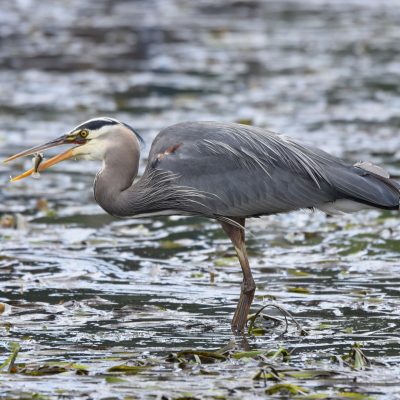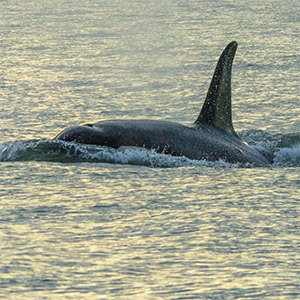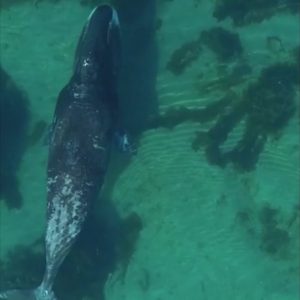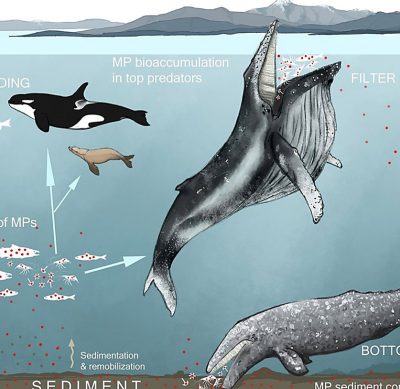How to power a walrus
New study shows loss of sea ice will require walruses to swim more and eat more to survive climate change
FCRR: Marine and Freshwater Miscellanea III
Third collection of articles, authored or co-authored by Daniel Pauly.
PROFILE: Finding novel ways to use modelling to solve oceans, fisheries and social problems
GOM took advantage of the COVID-19 pandemic, moving online, and connecting with researchers from 29 countries.
The Blue Economy is more than just resources – it also has to focus on social equity and governance
A recent UBC-led study found that socioeconomic and governance conditions such as national stability, corruption and human rights greatly affect the ability to achieve a Blue Economy.
Daniel Pauly receives Prof. N. Balakrishnan Nair Memorial International Fisheries Guru Award
The University of Kerala’s Department of Aquatic Biology and Fisheries awarded this honour for his notable contributions to fisheries science.
Blue herons identified as a significant juvenile salmon predator
Looking for predators that ate salmon, an Indigenous biologist suggested looking at heron. Discarded tags proved Pacific great blue herons could be scooping up as many as 3-6% of all juvenile salmon.
ASLO honors “Viruses and nutrient cycles in the sea,” with 2021 John H. Martin Award
The paper, written in 1999 by Dr. Curtis Suttle (UBC) and Dr. Steven Wilhelm (University of Tennessee), is honoured for leading to a “fundamental shift in research focus and interpretation.”
Orca Quest 2020: In Search of Killer Whales
In August 2020, Marine Mammal Research Unit (MMRU) researchers set sail to determine whether there are enough chinook salmon to support southern resident killer whales in the Salish Sea.
Research into bowhead whales finds unique foraging behaviour
Understanding the needs of bowheads is a crucial first step taken to learn how they will respond to climate change.
Modelling provides insight into the risks microplastics pose to marine life
“We learned that the water and sediments are polluted with microplastics. The global ocean is basically a dump. We need to change our behaviours, our preferences and our consumption.”
